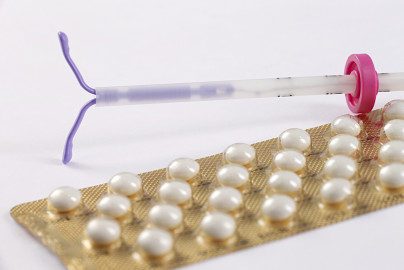Blog

What Type of Birth Control Is Right for Me?
There are many forms of birth control, but which method is best for you? Because birth control prevents pregnancy by altering hormone levels, it can also cause changes in your moods, periods, and more. Additionally, some birth control methods are easier to use than others are. Given all these factors, it’s important to consider which type will be the best fit for your unique biology and lifestyle.
Best at Preventing Pregnancy
While most forms of birth control have upward of 90% efficacy rates, some methods provide slightly more protection than others do. For example, both IUDs and birth control implants are 99% effective, while the birth control pill, patch, and vaginal ring are only about 91% effective.
Easiest to Use
Administered once by a medical professional, IUDs and birth control implants are considered some of the easiest methods to use. Once inserted into the uterus, an IUD can last between three and 12 years depending on your preference. Similarly, a birth control implant, which is a tiny, thin rod inserted into your arm, will protect against pregnancy for five years.
These types of birth control are ideal for women who want an “out of sight, out of mind” option. Unlike birth control shots, the patch, and the pill, which are administered monthly, weekly, and daily, respectively, IUDs and implants are inserted only once every several years. That being said, some women find IUDs and implants uncomfortable, making these devices the wrong choice for them.
Best for Period Management
When considering which birth control method is best for you, it’s important that you consider how it will impact your period. There are several options that can actually help manage some unwanted period symptoms, which might be an attractive choice for women who experience extreme cramping or heavy bleeding. Hormonal birth control, such as the pill, the ring, and the patch, can help make periods lighter and more regular while also reducing menstrual cramping. Some options, such as IUDs and birth control implants, can cause some women to skip their periods altogether.
Reduced Hormones or Hormone-Free
Some women need or prefer birth control that has limited amounts of hormones. One popular no-hormone option is the copper IUD. However, the copper IUD may increase menstrual bleeding and cramps during the first three to six months after insertion, so you might want to consider a birth control option that uses only progestin instead of estrogen.
We recommend first identifying what is most important to you and making a list of the contraceptive options that best meet your needs. If you’re located in the San Francisco Bay Area and want to learn more about how to choose the right birth control for you, contact Pacific Women’s OB/GYN Medical Group today.
Back to blog